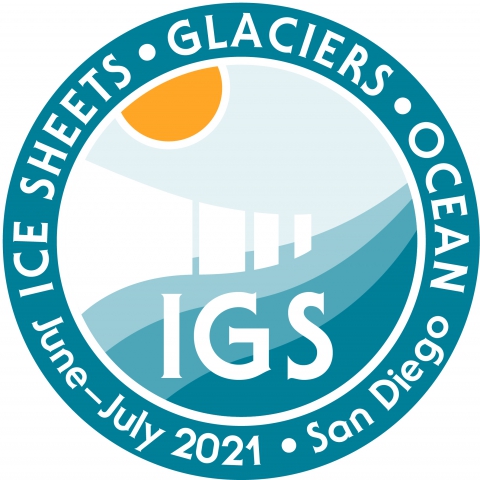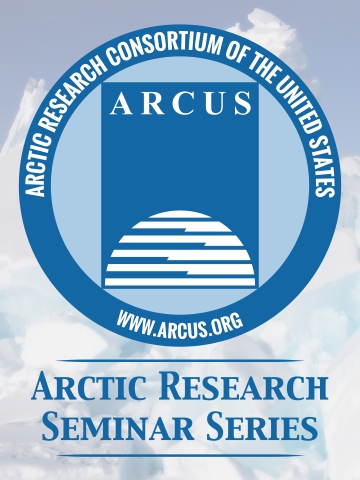ARCUS invites registration for the next Arctic Research Seminar featuring Donald Anderson of Woods Hole Oceanographic Institution. Anderson’s presentation, titled “Origin and Fate of Harmful Algal Blooms in the Chukchi Sea,” will be held via Zoom.
Registration is required for this event.
Abstract
The Arctic Ocean is experiencing rapid and dramatic changes in response to climate-driven warming. Many organisms may spread northward as a result of rising temperatures and loss of sea ice, but few present such significant threats to human and ecosystem health as harmful algal bloom (HAB) species. Alexandrium catenella, a producer of paralytic shellfish toxins (PSTs), has a long history of causing toxicity in the Gulf of Alaska, yet there is little recognition of this organism as a human health concern north of Bering Strait. Here we describe an exceptionally large A. catenella benthic cyst bed and hydrographic conditions across the Chukchi Sea that support germination and development of recurrent, self-initiating, and self-seeding blooms. Two prominent cyst accumulation zones result from deposition promoted by weak circulation. Cyst concentrations are among the highest reported globally for this species and the cyst bed is 6X larger in area than any other recorded. These extraordinary accumulations are attributed to repeated inputs from advected southern blooms and to localized cyst formation and deposition. Over the last two decades, warming has likely increased the magnitude of the germination flux two-fold and advanced the inoculation of the euphotic zone, where conditions are now favorable for bloom development, by 20 days. The region is poised to support recurrent blooms that are unprecedented in scale, increasing exposure and health risks to Alaskan Arctic communities where economies are subsistence based. These observations also highlight how warming can facilitate HAB range expansions into waters where temperatures were formerly too cold.
Speaker Details
Don Anderson is a Senior Scientist in the Biology Department, at the Woods Hole Oceanographic Institution. He presently serves as Director of the Cooperative Institute for North Atlantic Region (CINAR) and as Director of the U.S. National Office for Harmful Algal Blooms. His research focus is on harmful algal blooms (HABs), commonly called red tides, covering topics ranging from molecular and physiological studies of growth, sexuality, and toxin production to the large-scale oceanography and ecology of HABs, including numerical modeling, forecasting, and a range of monitoring and management strategies, many reliant on novel instrumentation and biosensors. A current research focus is on HABs in the Arctic. Anderson is author, co-author, or editor of over 330 scientific papers and 14 books.


